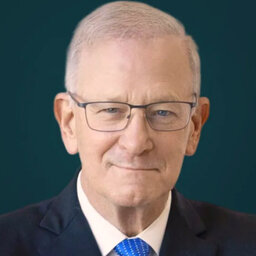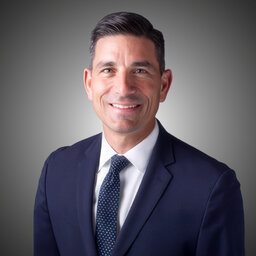Episode 627: Antisemitism on College Campuses
On Tuesday, October 31st, Patrick Dai, a 21-year-old junior at Cornell University, originally from Pittsford, New York, was arrested for making online threats to Jewish students on the Cornell campus. Dai’s actions represent an upward trend of the rise of antisemitism on college campuses, since Hamas attacked Israel on October 7th. Newt’s guest is William Jacobson, Clinical Professor and Director of the Securities Law Clinic at Cornell Law School.
In 1 playlist(s)
Newt's World
Join former House Speaker, professor, historian, and futurist Newt Gingrich as he shares his lifetim…Social links
Follow podcast
Recent clips

Episode 943: MELANIA
29:56

Episode 942: The New Fed Chair – Kevin Warsh
24:33

Episode 941: Chad Wolf on ICE in Minneapolis
47:36
 Newt's World
Newt's World